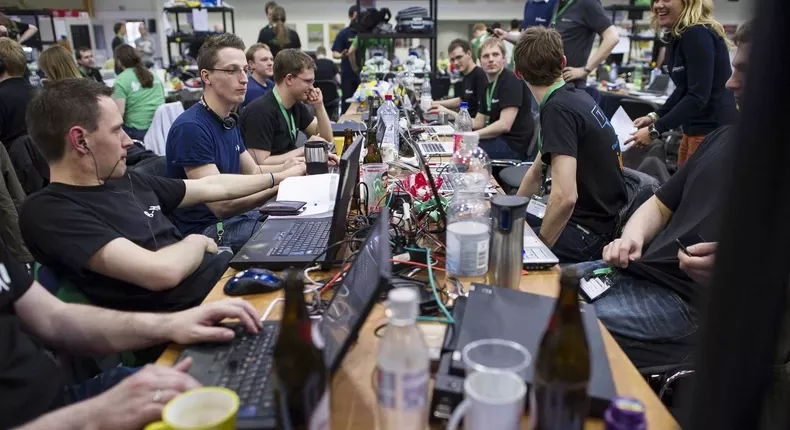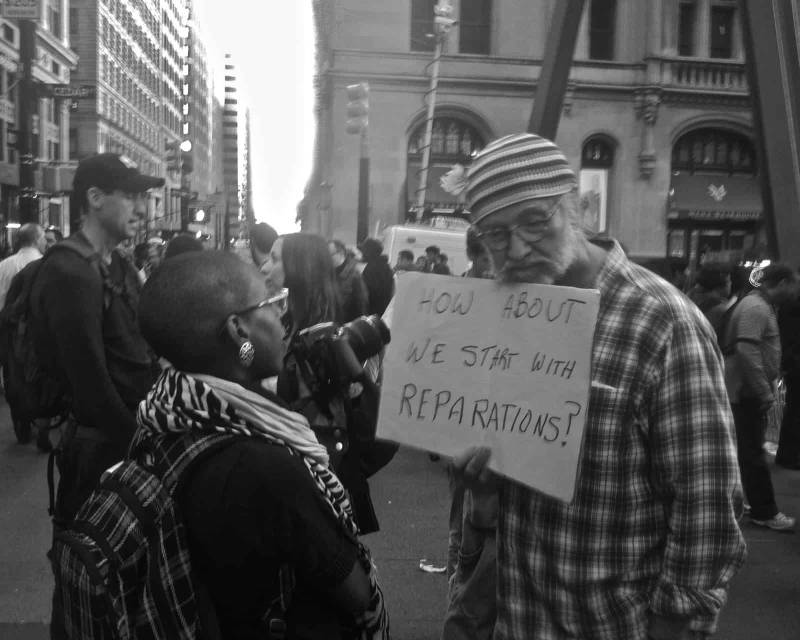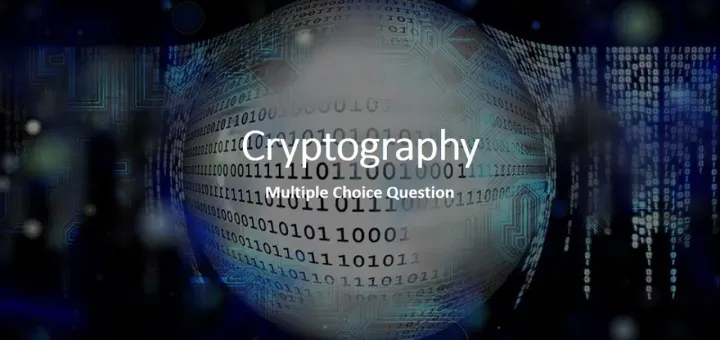The chatbot may be more powerful than we ever imagined. Google found that, in theory, the search engine would hire the bot as an entry-level coder if it interviewed at the company. Amazon employees who tested ChatGPT said it does a "very good job" of answering customer support questions, is "great" at making training documents, and is "very strong" at answering queries around corporate strategy. Companies are taking notice. Both IBM and British telecommunications giant BT Group cited AI when announcing job cuts — and saying that many wouldn't come back.
While a 2013 University of Oxford study found that 47% of US jobs could be eliminated by AI over the next 20 years, that prediction appears to have been off-base. A recent Goldman Sachs study found that generative AI tools could, in fact, impact 300 million full-time jobs worldwide, which could lead to a "significant disruption" in the job market. Still, Anu Madgavkar, a partner at the McKinsey Global Institute, said that human judgment needs to be applied to these technologies to avoid error and bias, she told Insider. Users of ChatGPT also found that the bot can generate misinformation, incorrectly answer coding problems, and produce errors in basic math. "We have to think about these things as productivity-enhancing tools, as opposed to complete replacements," Madgavkar said. Insider talked to experts and conducted research to compile a list of jobs that are at the highest risk for replacement by AI.
- Tech jobs (Coders, computer programmers, software engineers, data analysts)
- Media jobs (advertising, content creation, technical writing, journalism)
- Legal industry jobs (paralegals, legal assistants)
- Market research analysts
- Teachers
- Finance jobs (Financial analysts, personal financial advisors)
- Traders
- Graphic designers
- Accountants
- Customer service agents




